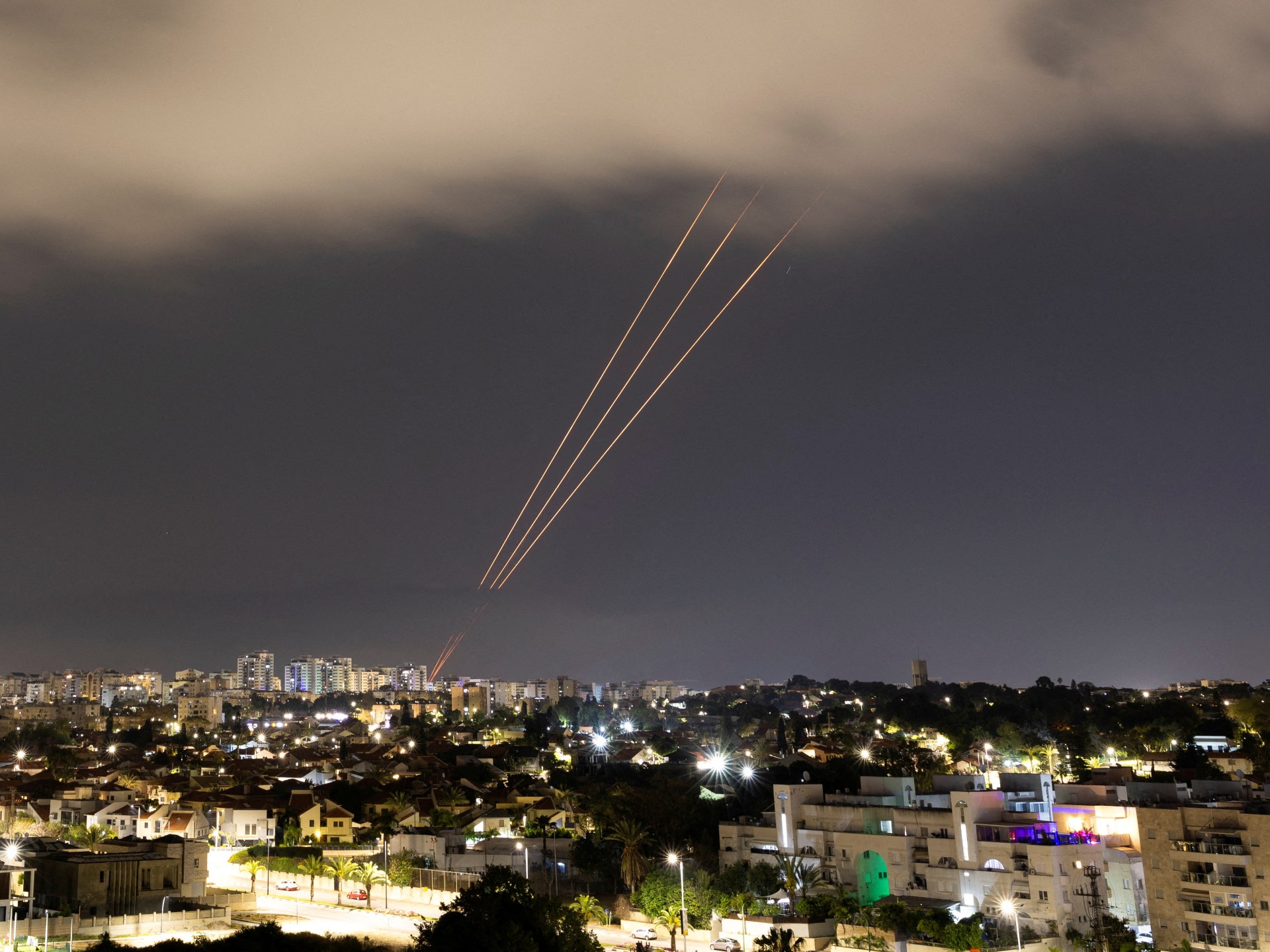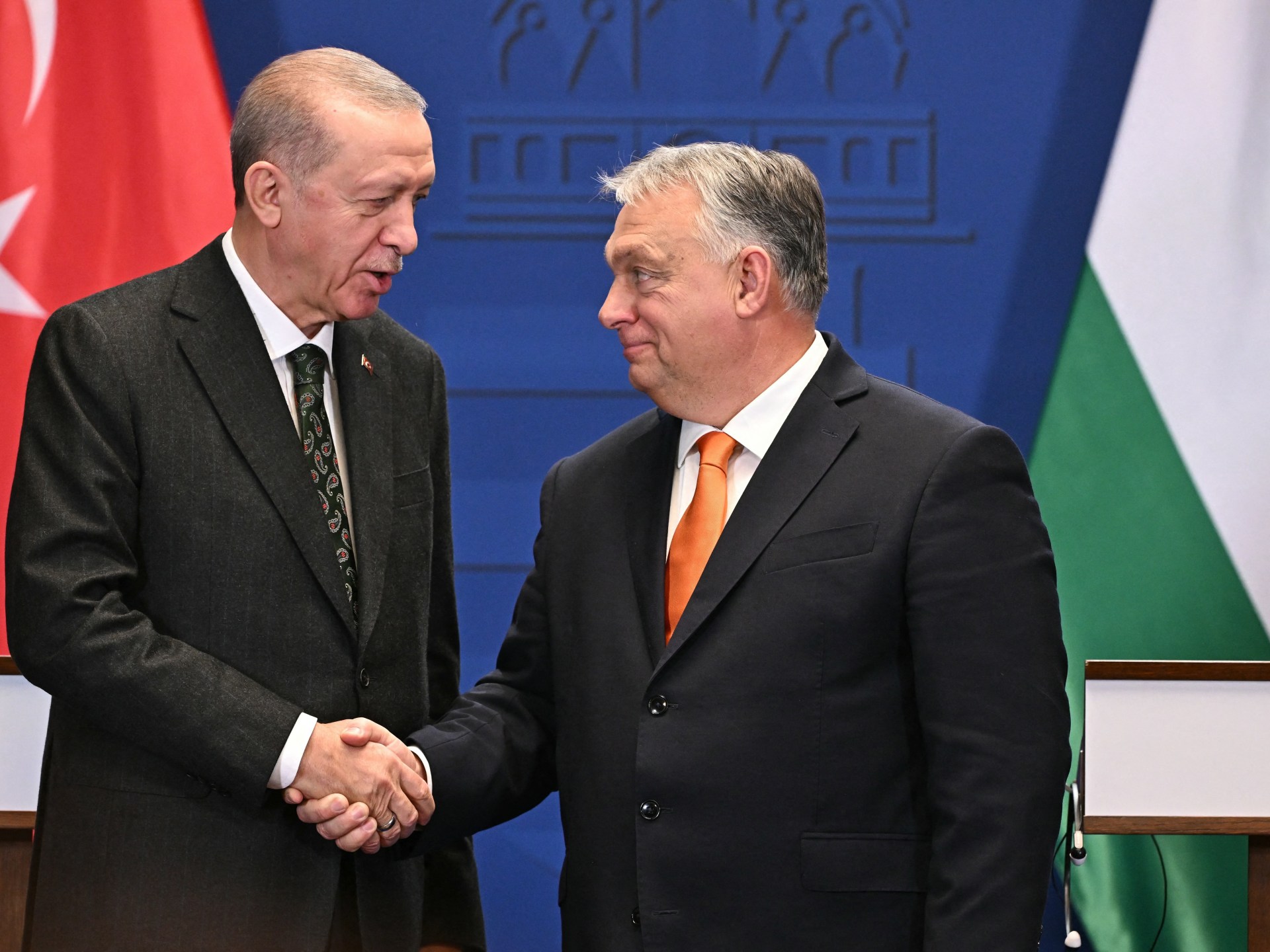Russia-Ukraine war news: Zelensky vows response after 7 dead in Chernihiv strike
The northern city of Chernihiv is in mourning after a daytime strike on a theater there killed at least seven people, including a 6-year-old child, and injured 144, according to Ukrainian authorities.
The attack on the city — about 80 miles north of the capital, Kyiv, and far from the front lines of the war — turned “an ordinary Saturday … into a day of pain and loss,” Ukrainian President Volodymyr Zelensky said. He vowed in his evening address that Ukrainian soldiers would “respond tangibly” to the attack. Here’s the latest on the war and its ripple effects across the globe.
The Chernihiv strike “probably” involved a ballistic missile, the regional governor said. The United Nations humanitarian coordinator for Ukraine, Denise Brown, condemned the attack, saying in a statement that it “is heinous to attack the main square of a large city, in the morning, while people are out walking, some going to the church to celebrate a religious day for many Ukrainians.”
Videos verified by The Washington Post showed an explosion on the roof of the theater before a fiery projectile slammed into a building about 320 feet away. Acting mayor Oleksandr Lomako said some homes were damaged by the blasts. Among the injured were 15 children and 15 police officers, Interior Minister Ihor Klymenko said.
Kyiv has an agreement with Stockholm to produce armored vehicles known as CV-90s inside Ukraine, Zelensky said in his nightly address. He did not specify how many, or what the agreement entailed. On his visit to Sweden this weekend, Zelensky and Prime Minister Ulf Kristersson also discussed Ukraine’s desire for Swedish-made Gripen fighter jets, which Stockholm earlier this summer agreed to allow Ukrainian pilots to test.
Five people were injured after a drone attack on a train station in Russia not far from the Ukrainian border. The regional governor said in a Telegram post early Sunday that a Ukrainian drone strike on the station caused a fire on the roof, and the people were “slightly injured” by falling glass.
Russia stopped an attempted Ukrainian drone attack on Moscow early Sunday, the Russian defense ministry said. The ministry said it used electronic means to disable the drone.
It is “premature to make assessments about the overall success” of Kyiv’s counteroffensive, the Institute for the Study of War said in an assessment, following a report by The Post in which people familiar with a classified forecast from the U.S. intelligence community said Ukraine would fail in its objective of severing Russia’s land bridge to Crimea in this year’s push. The D.C.-based think tank said it maintains that “the overall degradation of the Russian defensive line creates opportunities for any Ukrainian breakthrough to be potentially operationally significant.”
Most of the front line in Ukraine “has remained static” over the past week, the British Defense Ministry said in an intelligence update published Saturday. Both Russian and Ukrainian forces are trying to defeat each other’s “well-entrenched forces,” and each has limited numbers of “uncommitted forces to open new assaults,” the ministry wrote.
The United States is expected to soon double its prewar monthly production of the standard NATO artillery round, The Post reports, increasing its output from 14,000 units a month before Russia’s invasion to eventually 28,000 units a month. But industry experts warn of challenges in sustaining the elevated production levels, not just to aid Ukraine war efforts but also to ensure U.S. security in potential conflicts with China or Russia.
Ukraine running out of options to retake significant territory: More than two months into the highly anticipated counteroffensive that officials touted as Ukraine’s crucial opportunity to retake territory from Russian forces, it appears that the effort is stalling and Ukraine is running out of options, The Post’s Susannah George reports.
The slogging effort has stoked fears in Washington and Europe that the war could be reaching a stalemate and international support could erode. Franz-Stefan Gady, a senior fellow with the International Institute for Strategic Studies and the Center for New American Security, said “the question here is which of the two sides is going to be worn out sooner.”
Check out our Latest News and Follow us at Facebook
Original Source






